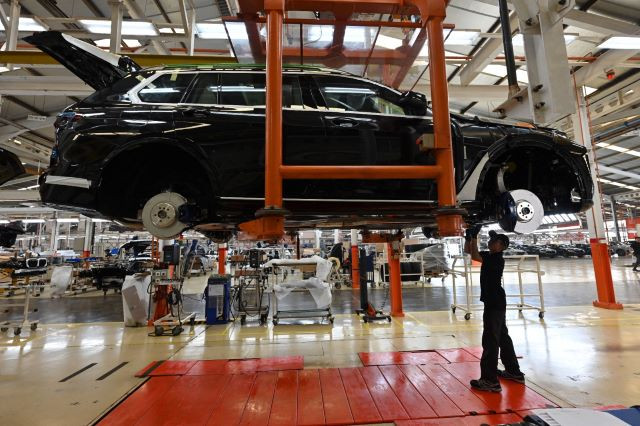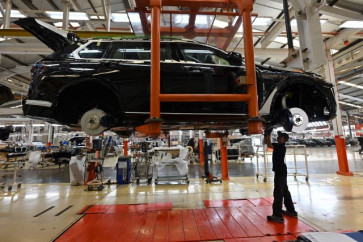Popular Reads
Top Results
Can't find what you're looking for?
View all search resultsPopular Reads
Top Results
Can't find what you're looking for?
View all search resultsStrengthening the middle class is Indonesia’s next challenge
According to the World Bank, some 22 percent of working-age Indonesians with a secondary education are not working or in school.
Change text size
Gift Premium Articles
to Anyone
I
ndonesia’s next challenge is strengthening the middle class by enhancing human capital development and building a skilled workforce. History shows that propping up the middle class and reducing inequalities underpin economic growth and stability. The payoffs include increasing demand for goods and services, incubating productive entrepreneurs and businesses and growing tax receipts to pay for essential public services, all of which reinforce an inclusive political and economic system.
Disruptions are challenging the middle class, from a swelling cost of living to technological advancements that are changing the working world, such as artificial intelligence (AI) and automation, which are driving political change.
The shrinking middle class in the United States is a prominent example. In 1971, most Americans were part of the middle-income cluster, but by 2015 many of those people were pushed to the extremes, becoming either richer or poorer, and in many ways, this is contributing to divisive politics.
Fortunately, the global middle class is on the move, particularly in Asia and Africa. World Data Lab projects over 100 million people will enter the global middle class every year. In 2024 alone, some 113 million people are projected to join the global middle class, where consumers from Asia will spend at least US$12 per day (measured in 2017 purchasing power parity).
China and India are projected to be the two biggest sources, contributing 81 percent of new consumers in 2024, with Indonesia and Bangladesh adding 5 million each.
Indonesia’s domestic policy setting must focus on strengthening the middle class and mitigating the risk of stagnating wage growth, which threatens middle class security. Again, looking at the US, the average hourly wage of an American in 1964, when adjusted for inflation in 2018, was $20.27. While the average hourly wage in 2018 was $22.65. This is a mere 11.7 percent increase over 54 years.
Developing higher-skilled jobs for all is fundamental for Indonesia to fulfill its bid of becoming a high-income country by 2045. As is the case for East Asia’s economic miracle, Indonesia’s rapid economic transformation depends on dynamic firms, and an export-led growth strategy delivering high-value-added goods and services.



















